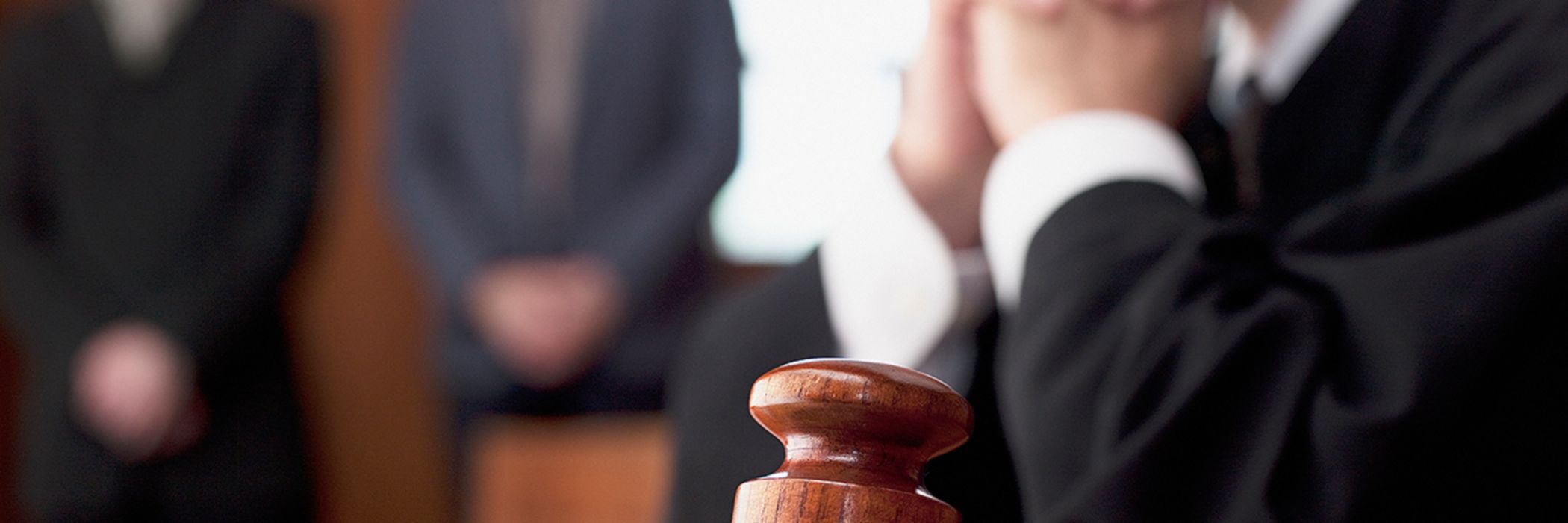In spring 2020, the tax authorities issued a letter on relief for public corporations and tax-privileged institutions. The regulations apply to support measures carried out from 1 March to 31 December 2020 at the latest.
In particular, the following reliefs are included:
I. Donations
For the deduction of donations to special accounts of the institutions, the simplified proof of donation is sufficient. Pursuant to section 50, paragraph 4, sentence 1, number 1, letter a EStDV, in these cases the cash deposit receipt or the booking confirmation of a credit institution is sufficient as proof (e.g. the account statement, direct debit receipt or the PC printout in the case of online banking).
II. Fundraising and statutory purposes
It is not detrimental to the tax concession of a corporation which, according to its statutes, does not pursue any purposes which come into consideration here (e.g. promotion of public health or charitable purposes) or is regionally bound, if it uses funds which it has received within the framework of a special campaign for the aid of those affected by the Corona crisis for the stated purpose itself without amending its statutes accordingly. The use of funds must be documented.
III. Use of existing funds
The regulation made under II. applies accordingly to already existing funds.
IV. Donations from business assets
Further relief includes the deductibility of sponsoring measures, donations to business partners and even other donations.
V. Donations from wages
Donations from wages to institutions entitled to receive donations are not subject to wage tax.
VI. Supervisory Board Remuneration
Accordingly, the waiver of supervisory board remuneration is not subject to income tax.
VII. Assistance to overcome the Corona crisis
If tax-privileged corporations make personnel, premises, material resources or other services available in return for payment in areas which are necessary for coping with the effects of the Corona crisis (e.g. to hospitals, old people's homes and nursing homes), then it is not objectionable if these activities are allocated to the special purpose enterprise within the meaning of § 65 AO for both income tax and turnover tax purposes. This applies regardless of which tax-privileged purpose the respective corporation pursues according to its articles of association. Reference is made to the exemptions from turnover tax under § 4 numbers 14, 16, 18, 23 and 25 UStG. In the case of the free provision of medical supplies and the free provision of personnel for medical purposes by companies to institutions which provide an indispensable service in coping with the Corona crisis, such as, in particular, hospitals, clinics, doctors' surgeries, ambulance services, nursing and social services, old people's homes and nursing homes as well as other public institutions such as the police and fire brigade, the taxation of a free transfer of value by way of equity shall be waived.
VIII. Use of funds
The offsetting of losses incurred by tax-privileged institutions due to the Corona crisis until 31 December 2020 in taxable commercial business operations or in asset management with funds from the non-material sphere, profits from special-purpose operations, income from asset management or profits from commercial business operations is not detrimental to tax relief. If organisations which are tax-privileged under section 5 (1) no. 9 KStG supplement their own employees' short-time allowance from their own funds up to a total of 80 per cent of the previous remuneration, neither the use of the funds for statutory purposes nor the marketability and appropriateness of the supplement shall be examined if the supplement is made uniformly for all employees. The requirements of § 55 paragraph 1 numbers 1 and 3 AO are deemed to be fulfilled. In addition, it is not objectionable under non-profit law if the honorary or exercise leader lump sums continue to be paid even though it is no longer possible (at least temporarily) to exercise the activity due to the Corona crisis.
IX. Gift tax
If the donations are gifts, tax exemptions can be granted under § 13 ErbStG if the relevant conditions are met. These include, inter alia, donations to non-profit corporations under section 13, paragraph 1, number 16 ErbStG and donations exclusively dedicated to ecclesiastical, non-profit or charitable purposes, provided that their use for this purpose is guaranteed (section 13, paragraph 1, number 17 ErbStG).
Stay up to date with what matters to you
Gain access to personalized content based on your interests by signing up today
Reiner Klinz
Director, Consulting, Öffentlicher Sektor
KPMG AG Wirtschaftsprüfungsgesellschaft
Connect with us
- Find office locations kpmg.findOfficeLocations
- kpmg.emailUs
- Social media @ KPMG kpmg.socialMedia


